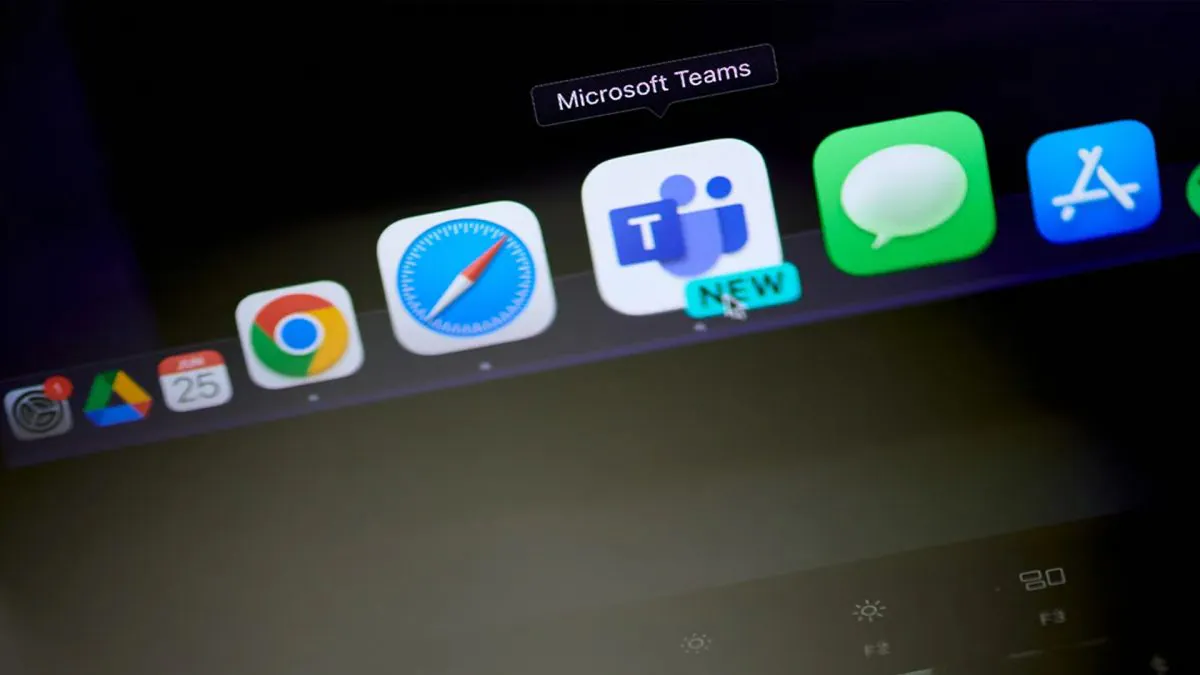Recent reports have highlighted a significant security vulnerability in Microsoft applications for macOS, which has raised concerns about user privacy. According to Cisco Talos, a prominent cybersecurity research group, this flaw could potentially allow hackers to access sensitive data on Mac computers, including the camera and microphone. This article delves into the nature of the vulnerability, its implications, and the ongoing efforts to address the issue.
The Vulnerability in Detail
The security breach involves several Microsoft applications on macOS, notably Microsoft Outlook and Teams. The vulnerability allows attackers to exploit these apps to access a Mac’s camera and microphone without the user’s explicit consent. The issue arises from the exploitation of existing permissions granted to these applications. Here’s how the attack works:
- Malicious Libraries Injection: Hackers can inject malicious libraries into Microsoft apps. These libraries are designed to exploit the app’s permissions, which include access to hardware components like the camera and microphone.
- Transparency Consent and Control (TCC) Framework: macOS uses the TCC framework to manage app permissions for accessing sensitive data and hardware. Typically, apps need explicit entitlements to request permissions from TCC. However, the vulnerability allows attackers to bypass these controls by leveraging permissions granted to trusted Microsoft apps.
- Exploitation Mechanism: By injecting malicious code into Microsoft applications, attackers can gain unauthorized access to a Mac’s camera and microphone. This means they can record audio, capture video, or take photos without any user interaction.
Technical Details and Impact
Cisco Talos identified eight distinct vulnerabilities across various Microsoft applications on macOS. These vulnerabilities allow an attacker to bypass macOS’s built-in permission model. The key findings include:
- Exploitation Pathways: Malicious software can leverage existing app permissions to perform unauthorized actions. For instance, hackers could create malware to silently record audio or take pictures using the camera.
- Affected Applications: All Microsoft apps, with the exception of Excel, are affected by this vulnerability. Applications like Teams, OneNote, PowerPoint, Word, and Outlook are particularly vulnerable.
Table 1: Affected Microsoft Apps
| Application | Vulnerable |
|---|---|
| Microsoft Outlook | Yes |
| Microsoft Teams | Yes |
| Microsoft OneNote | Yes |
| Microsoft Excel | No |
| Microsoft PowerPoint | Yes |
| Microsoft Word | Yes |
Microsoft’s Response and Updates
In response to the reported vulnerabilities, Microsoft has taken some corrective actions. The company has updated the Microsoft Teams and OneNote apps for macOS to improve how these applications handle library validation entitlements. However, updates for other affected applications, such as Excel, PowerPoint, Word, and Outlook, have not been prioritized yet.
Table 2: Microsoft’s Actions
| Application | Update Status |
|---|---|
| Microsoft Teams | Updated |
| Microsoft OneNote | Updated |
| Microsoft Excel | No Update Yet |
| Microsoft PowerPoint | No Update Yet |
| Microsoft Word | No Update Yet |
| Microsoft Outlook | No Update Yet |
Microsoft considers the exploit to be of “low risk,” attributing the issue to the use of unsigned libraries meant to support third-party plugins. The company’s response has been criticized for not addressing the vulnerability comprehensively across all affected applications.
Recommendations for Enhanced Security
Cisco Talos has suggested several measures to mitigate this vulnerability:
- Library Validation: Microsoft should reassess the need for disabling library validation, especially when additional libraries are not expected to be loaded.
- Apple’s TCC Enhancements: Apple could enhance the TCC framework to provide better security. For example, the system could prompt users when third-party plugins are loaded into apps that already have granted permissions.
- User Awareness: Users are advised to be cautious about granting extensive permissions to applications and to regularly update their software to benefit from the latest security patches.
Conclusion
The discovery of this vulnerability highlights the ongoing challenges in maintaining robust security for software applications. While Microsoft and Apple are taking steps to address the issue, users should remain vigilant and proactive in safeguarding their personal data. Regular updates and security best practices are essential in mitigating risks associated with such vulnerabilities.
For more information and updates on this issue, users can monitor official Microsoft and Apple communications, as well as cybersecurity advisories from trusted sources.


Leave a Comment